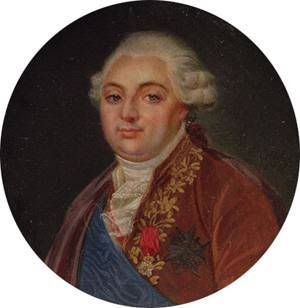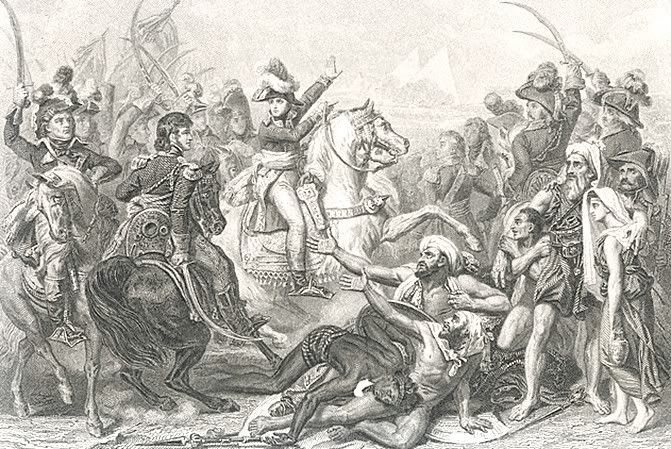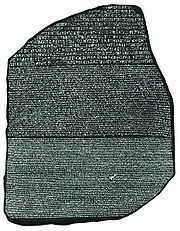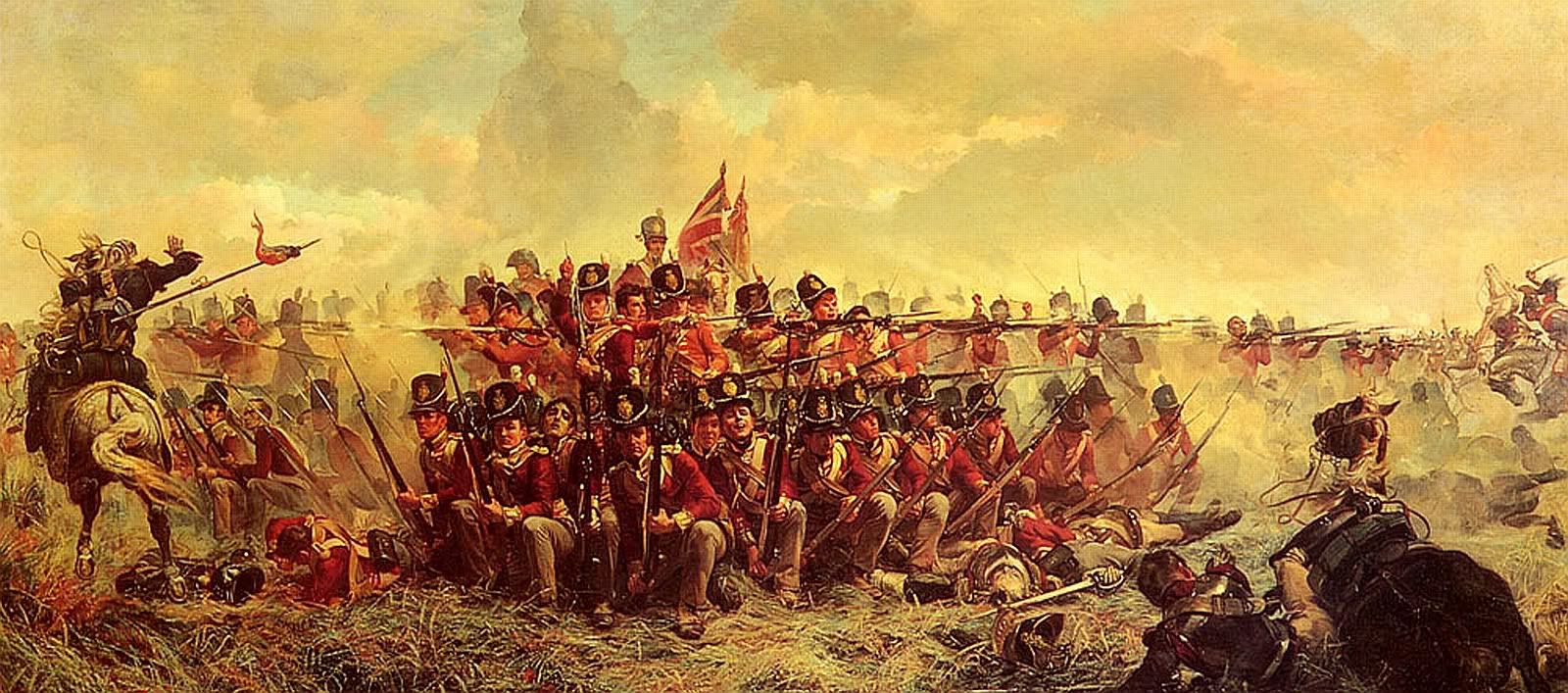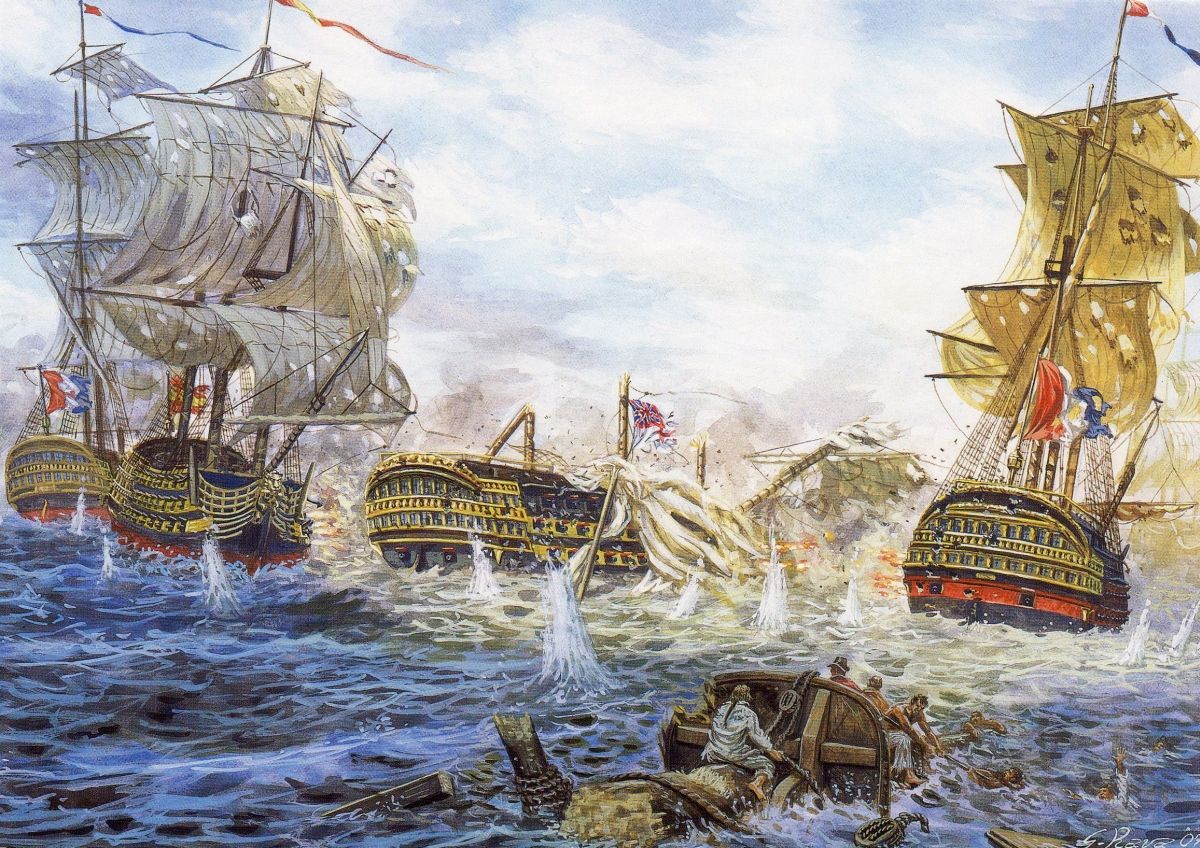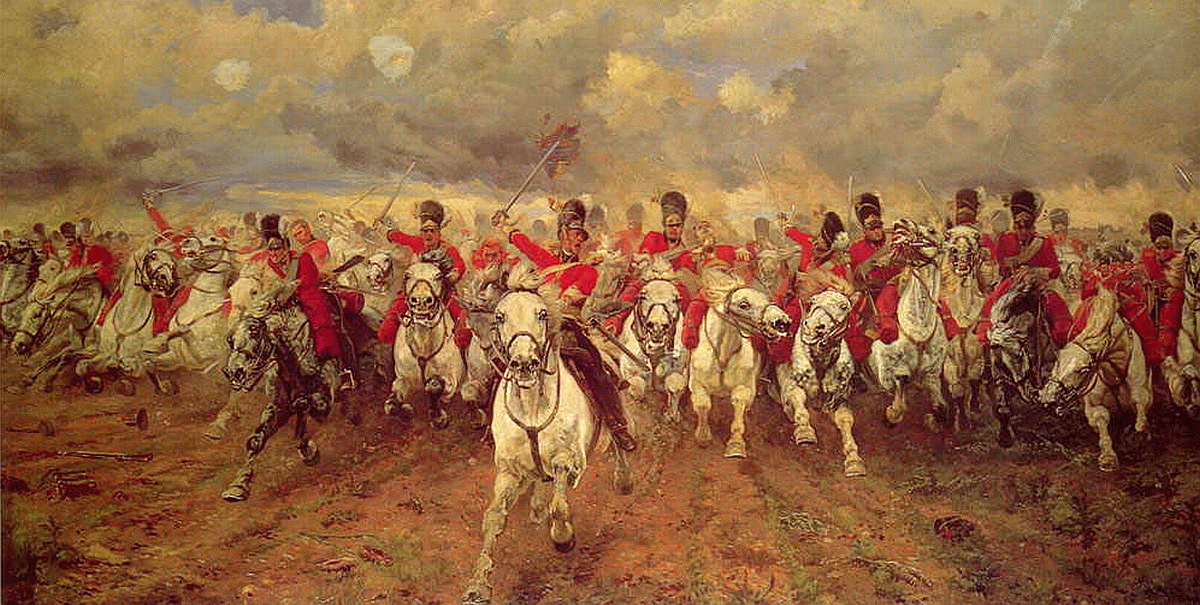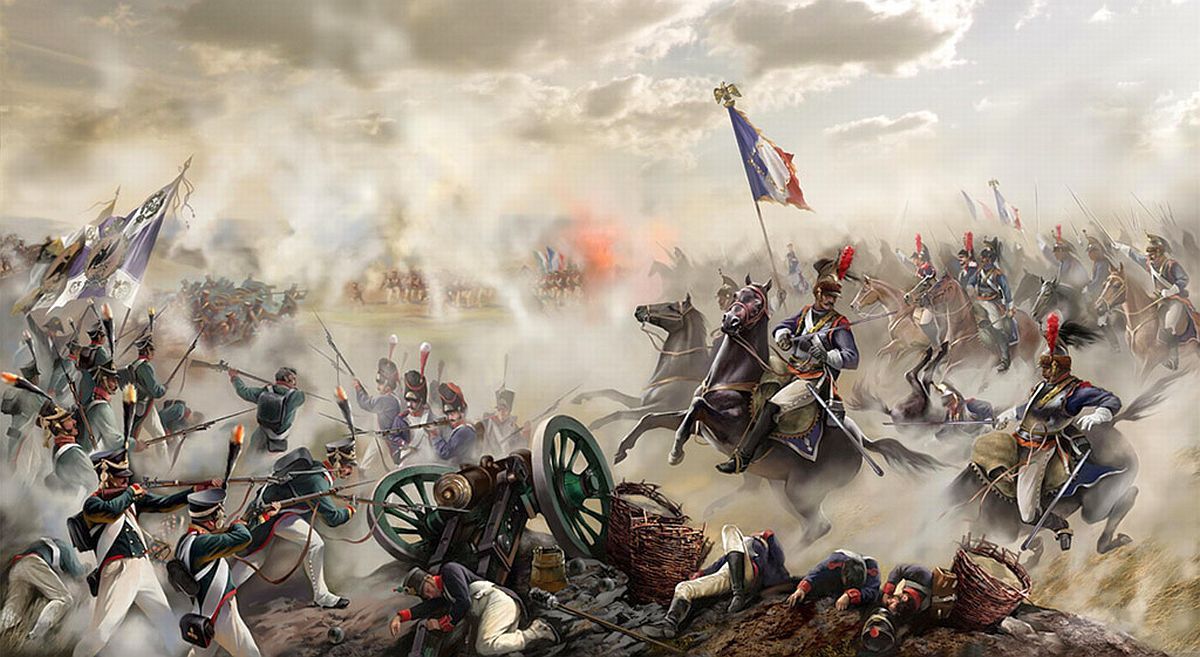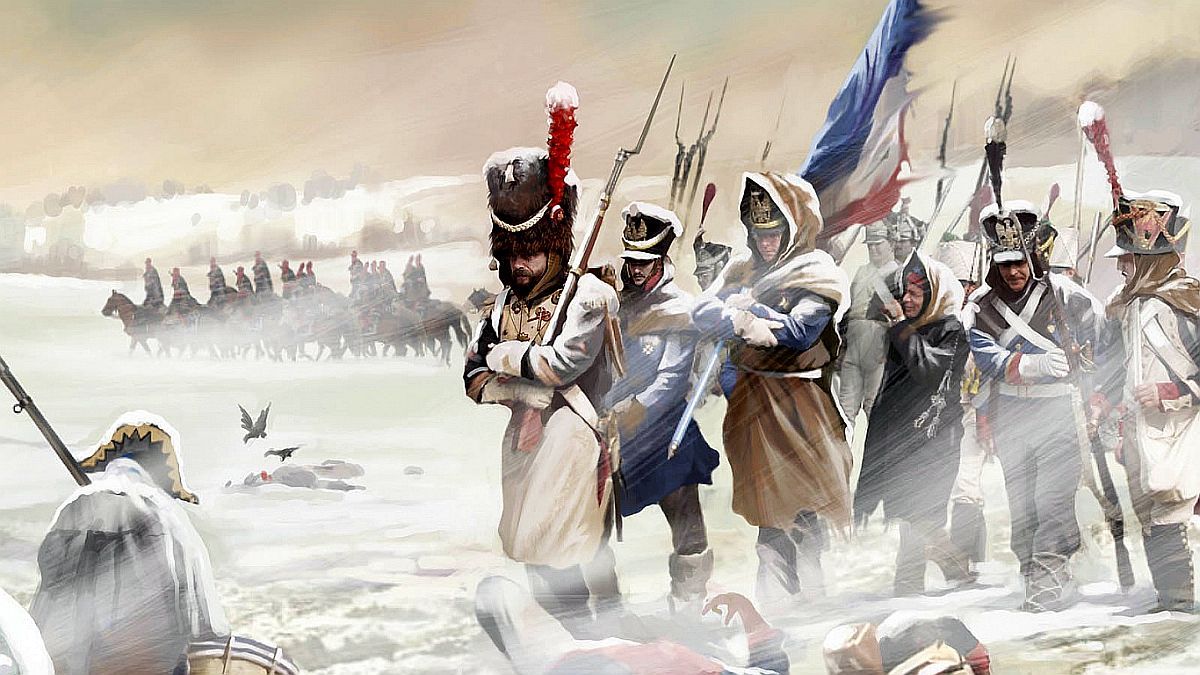The Napoleonic Wars were a series of conflicts involving Napoleon's French Empire and changing sets of European allies and opposing coalitions that ran from 1803 to 1815.
As a continuation of the wars sparked by the French Revolution of 1789, they revolutionized European armies and played out on an unprecedented scale, mainly due to the application of modern mass conscription. French power rose quickly, conquering most of Europe, but collapsed rapidly after France's disastrous invasion of Russia in 1812. Napoleon's empire ultimately suffered complete military defeat resulting in the restoration of the Bourbon monarchy in France.
The wars resulted in the dissolution of the Holy Roman Empire. Meanwhile the Spanish Empire began to unravel as French occupation of Spain weakened Spain's hold over its colonies, providing an opening for nationalist revolutions in Latin America. As a direct result of the Napoleonic wars the British Empire became the foremost world power for the next century.
No consensus exists as to when the French Revolutionary Wars ended and the Napoleonic Wars began.
Possible dates include 9 November 1799, when Bonaparte seized power in France; 18 May 1803, when a renewed declaration of war between Britain and France ended the only period of peace in Europe between 1792 and 1814; and 2 December 1804, when Bonaparte crowned himself Emperor.
The Napoleonic Wars ended following Napoleon's final defeat at Waterloo (18 June 1815) and the Second Treaty of Paris.
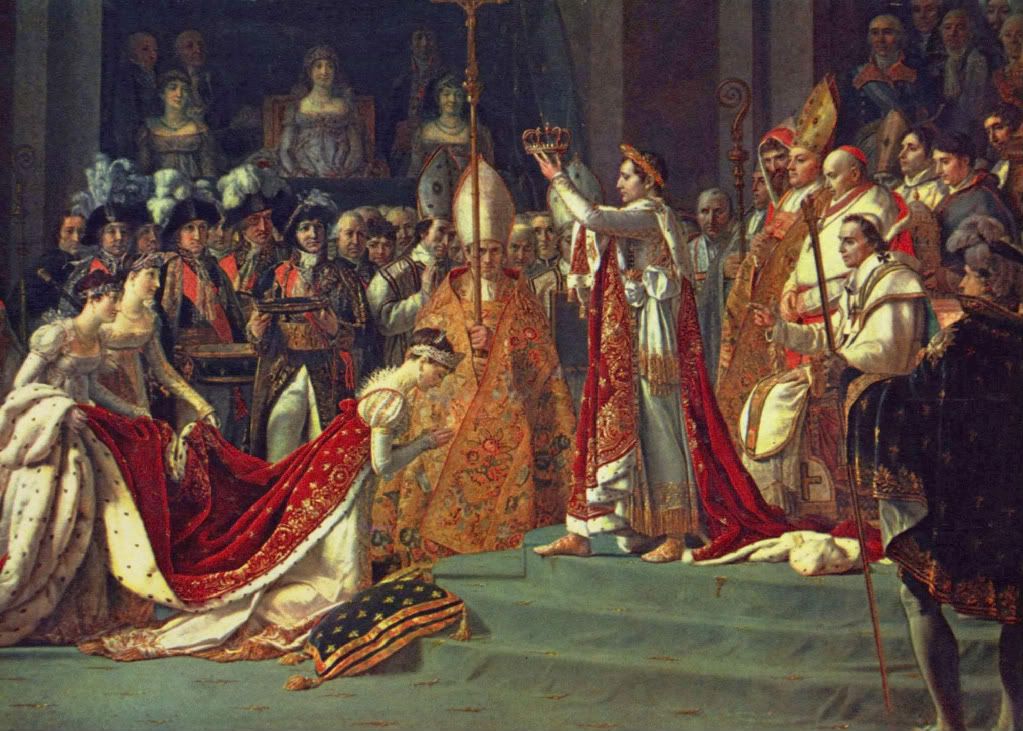
Joséphine kneels before Napoléon during his coronation at Notre Dame. Crowning of Napoleon, memorialized by Jacques-Louis David.
As a continuation of the wars sparked by the French Revolution of 1789, they revolutionized European armies and played out on an unprecedented scale, mainly due to the application of modern mass conscription. French power rose quickly, conquering most of Europe, but collapsed rapidly after France's disastrous invasion of Russia in 1812. Napoleon's empire ultimately suffered complete military defeat resulting in the restoration of the Bourbon monarchy in France.
The wars resulted in the dissolution of the Holy Roman Empire. Meanwhile the Spanish Empire began to unravel as French occupation of Spain weakened Spain's hold over its colonies, providing an opening for nationalist revolutions in Latin America. As a direct result of the Napoleonic wars the British Empire became the foremost world power for the next century.
No consensus exists as to when the French Revolutionary Wars ended and the Napoleonic Wars began.
Possible dates include 9 November 1799, when Bonaparte seized power in France; 18 May 1803, when a renewed declaration of war between Britain and France ended the only period of peace in Europe between 1792 and 1814; and 2 December 1804, when Bonaparte crowned himself Emperor.
The Napoleonic Wars ended following Napoleon's final defeat at Waterloo (18 June 1815) and the Second Treaty of Paris.

Joséphine kneels before Napoléon during his coronation at Notre Dame. Crowning of Napoleon, memorialized by Jacques-Louis David.






































